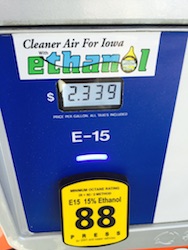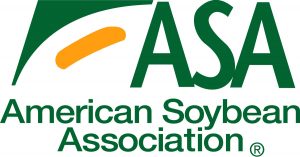 Biofuel interests are urging the Senate to adopt the House approach when it comes to the 45Z clean fuel production tax credit.
Biofuel interests are urging the Senate to adopt the House approach when it comes to the 45Z clean fuel production tax credit.
The legislation released by the Senate Finance Committee last week would extend the 45Z credit, which the industry supports, but at the same time would allow imported feedstocks to qualify for up to 80% of the credit, after the House version prohibited foreign feedstocks outside of North America from qualifying.
Renewable Fuels Association President and CEO Geoff Cooper says they are concerned this would allow potentially fraudulent feedstocks, such as used cooking oil (UCO) from China that may include palm oil. “So we are encouraging the Senate to really just follow what the House did on how to address foreign feedstocks,” said Cooper in the latest Ethanol Report podcast. “We’re not saying you can’t import UCO and make it into renewable fuel, we’re just saying that fuel should not qualify for a U.S. tax payer-supported program.”
Cooper thinks it’s “highly unlikely” the One, Big, Beautiful Bill will be finished by the stated July 4 deadline. “We think there’s a long way to go before we see a final bill,” Cooper said. “Sometime in July, before August recess, seems more likely, but even that’s really going to put Congress under that gun to get agreement on some of the more controversial issues.”
Like the House bill, the Senate Finance Committee version includes an extension of the tax credit from 2027 to 2031, but it also includes a provision that cuts the maximum rate of the 45Z credit for sustainable aviation fuel (SAF) from $1.75 per gallon to $1 per gallon, which could impact SAF growth.










